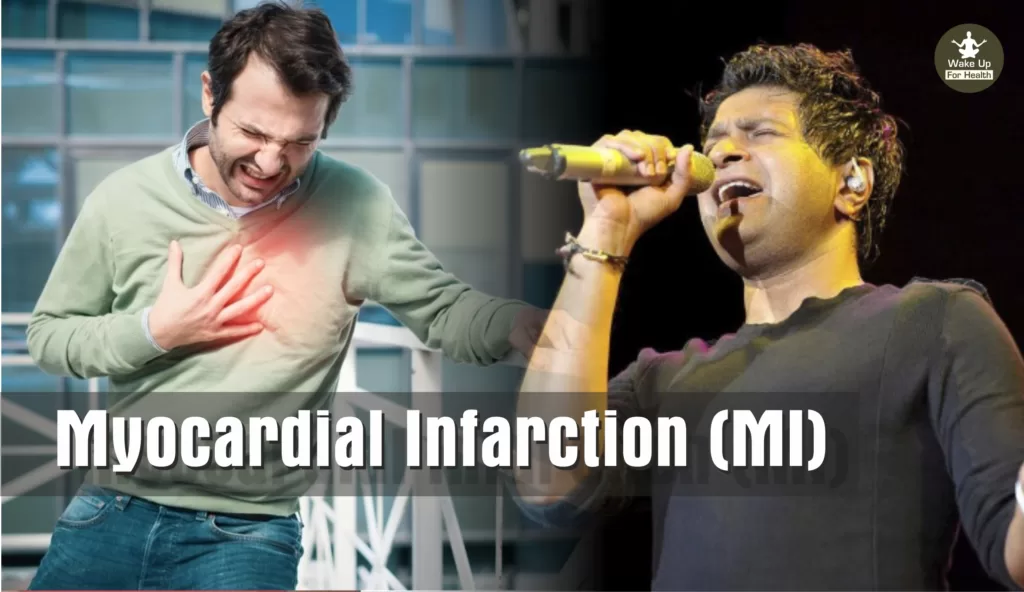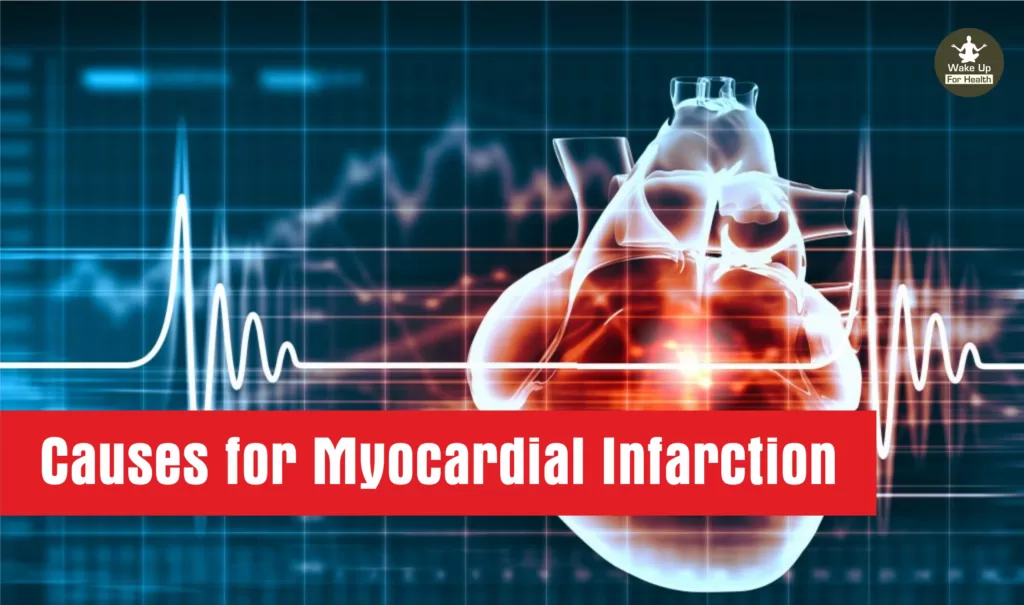The final post-mortem and autopsy reports of KK were submitted to the Kolkata Police on Saturday. In this report, doctors have considered myocardial infarction as the cause of his death. The post-mortem report states that due to this problem, KK’s heart had stopped pumping blood. A doctor has said that due to blockage in the arteries of his heart, there was blockage in many other small arteries.

Because of which the pumping of blood in his heart had stopped. Due to this happening, suddenly his health deteriorated and he lost his life. Myocardial infarction is also known as Hridayaghat or Dil ka Daura. Know what is this problem? Its causes, symptoms and prevention and treatment.
Understanding Myocardial Infarction
Myocardial infarction or MI is a serious problem related to the heart which is also known as heart attack and cardiac infarction, cardiopulmonary arrest, congestive heart failure. In this serious condition related to the heart, the blood supply to the heart muscle is not done properly, due to which the patient has many serious problems and there is a risk of death if serious.
When the pumping of blood is not done properly by the heart in the body, then the supply of oxygen to the muscles of the heart is also not done properly. In the beginning of this problem, the heart muscles start getting affected and the patient shows symptoms like chest pain. Myocardial infarction is considered to be the leading cause of heart attack problems in people between 35 and 55 years of age.
Causes for Myocardial Infarction, Early Signs, Medical Treatment

In myocardial infarction, there is severe damage to the muscles due to interruption of blood flow. In the beginning of this problem, the patient starts having difficulty in breathing and severe chest pain. This problem can occur for different reasons in every patient. Some of the major causes of myocardial infarction are as follows.
• High cholesterol.
• High blood pressure.
• Obesity problem.
• Coronary Artery Disease.
• Bad lifestyle.
• Smoking and consumption of alcohol.
• Bad diet.
• Diabetes.
Symptoms of Myocardial Infarction
In the problem of myocardial infarction, the patient shows symptoms like chest pain and difficulty in breathing or restlessness. Initially, the symptoms seen in the patient may be mild or normal, but as the problem progresses, its symptoms also become severe. The symptoms of heart attack can be different in every patient. The main symptoms seen in myocardial infarction are as follows.
• Severe chest pain.
• Breathing problem.
• Restlessness and nervousness.
• Pain in arms, back and legs.
• Heartburn.
• Chills and sweating.
• Dizziness and weakness.
• Irregular heartbeat.
• Nausea and vomiting.
Myocardial Infarction Treatment
To treat the problem of myocardial infarction or heart attack, the doctor first examines the patient and starts treatment based on the physical symptoms. Doctors perform tests like ECG, blood test, echocardiogram and cardiac catheterization to check for this problem. Medicines are given to the patient on the basis of these tests.
In severe cases, surgery can also be done for the patient. Mainly in this problem, doctors treat the patient to prevent damage to the heart muscles.
Read More About Heart Diseases?
Myocardial Infarction Prevention Tips
To avoid the problem of myocardial infarction or heart attack, it is very important to keep the heart healthy. For the past few years, the problem of heart attack and the risk of heart-related diseases have increased even among young people in India. To avoid this problem, it is necessary to adopt an active and healthy lifestyle and consume a good diet.
To avoid myocardial infarction, you should consult a doctor from time to time. Apart from this, the level of cholesterol in the body should not be allowed to increase. You can reduce the risk of this problem by exercising daily or practicing yoga and consuming a healthy diet.
Treatment For Cardiovascular Heart Disease, Coronary Artery Disease
(Disclaimer : The purpose of this health-related article is to wake you up and aware of your health and to provide health-related information. Your doctor has a better understanding of your health and there is no substitute for their advice.)